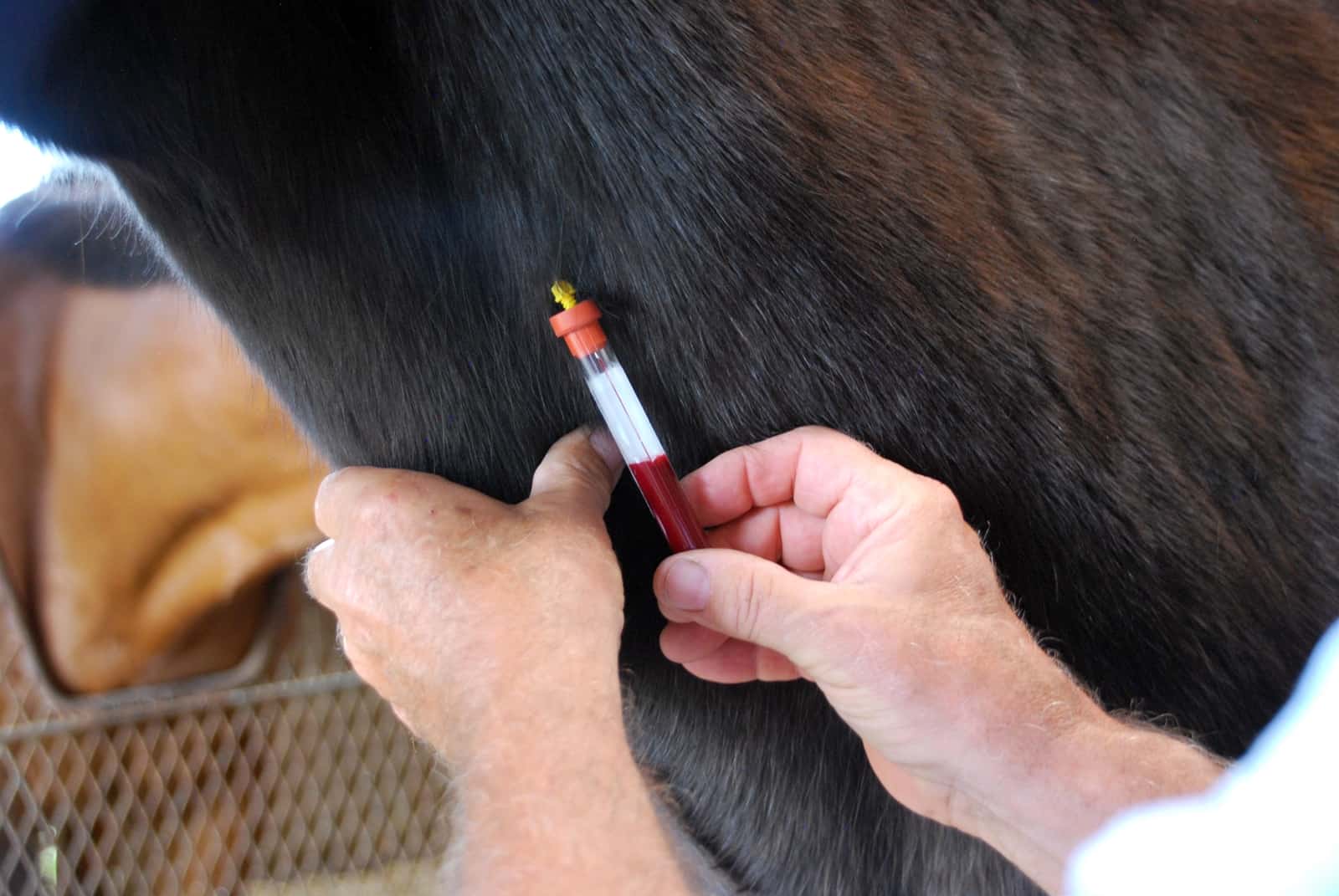Researcher: Cobalt Misuse in Horses is ‘Ill-Conceived’

Since Georg Brandt discovered cobalt in 1793, people have exploited its virtues for a wide range of uses, from paint pigmentation with its rich blue color to enhancing human athletic performance. Because some racehorse trainers in the United States and Australia have abused cobalt in horses, an Australian research team recently investigated cobalt concentrations in urine and blood after chronic cobalt administration to determine whether current regulatory drug detection thresholds proved useful for this purpose.
“Cobalt is an essential trace element required to synthesize vitamin B12, which plays a vital role in cellular metabolism and DNA synthesis,” said Ross Wenzel, GradDip (ClinBiochem), MAppSc (Thesis) of the Trace Elements Laboratory at the Royal North Shore Hospital, in New South Wales.
An average 500-kg (roughly 1,100-lb) working horse, fed approximately 2% of its body weight in forage per day, requires 0.1-0.15 mg cobalt/kg/dry feed daily. These levels typically can be met through diet alone and, because no known reports of cobalt deficiency exist, equine nutritionists advise a maximum of 25 mg/kg dry matter intake
Create a free account with TheHorse.com to view this content.
TheHorse.com is home to thousands of free articles about horse health care. In order to access some of our exclusive free content, you must be signed into TheHorse.com.
Start your free account today!
Already have an account?
and continue reading.

Written by:
Stacey Oke, DVM, MSc
Related Articles
Stay on top of the most recent Horse Health news with



















